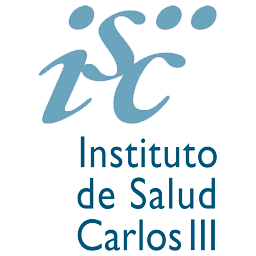Presentation
Researchers as a key figure for the development of scientific research at the hospitals.
The Spanish Program of Contracts of Researchers in the National System of Health
The Miguel Servet Research Contract Program is one of the most important strategic actions being undertaken by the National Research, Development and Innovation (RDI) Plan for the Promotion of Human Resources.
The Program’s objectives are i) to incorporate within the Spanish National Health System (NHS) researchers with excellent training to improve the research capacity of the health system, ii) to endow research units and groups at healthcare establishments with multidisciplinary capacity, and iii) to promote the creation of stable research groups within the NHS. The Program was created in 1998, and in 2008 it was renamed after Miguel Servet.
Objetives of the Study
Follow-up analyses and ex-post evaluation of the results of the FIS Program began in 2007. Among the multiple aspects covered in these analyses, one aim is to make a first attempt to determine to what extent the incorporation of these researchers has helped to foster research in the NHS centers, mainly in hospitals.
This study is part of an initiative to evaluate the Empowerment Programs of Human Resources whose overall objective is to analyze to what extent they have met their objectives and identify their weaknesses, strengths and potentials, contributing to the understanding of the determinants of eventual success.
Metodology
It has raised a quantitative and qualitative methodological approach, combining information from diverse and complementary sources:
- Survey to doctors employed under the Miguel Servet program.
- Interviews with heads of research groups and administrative units of hospitals and research centers that incorporated these researchers.
- Content analysis of information contained in recipients’ dossiers and follow-up reports
- Follow-up tracking the researchers recruited.
- Examination of the rate of success in the participation in the calls of projects of the Sanitary Research Fund (FIS) and the Research, Development and Innovation Plan (PNIDI).
|
Study funded by the Instituto de Salud Carlos III. Ministry of Health Projects: PI06/0983 (2007-2009) y PI10/00462 (20011-2013) |
 |
